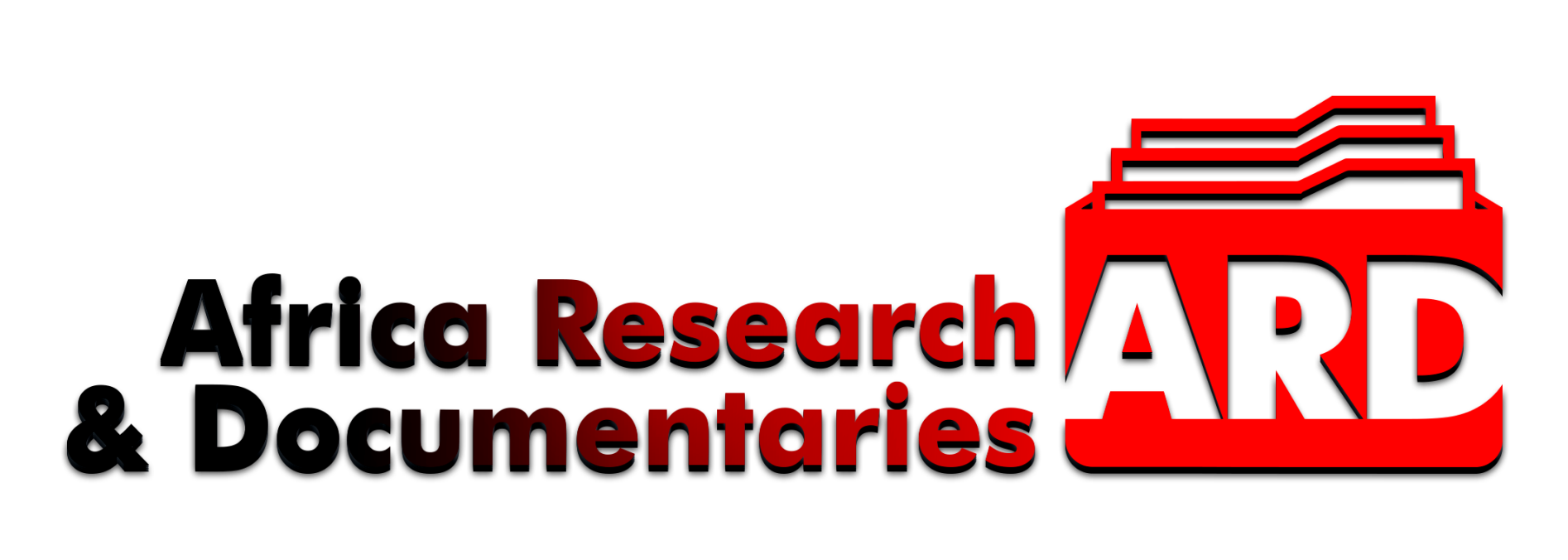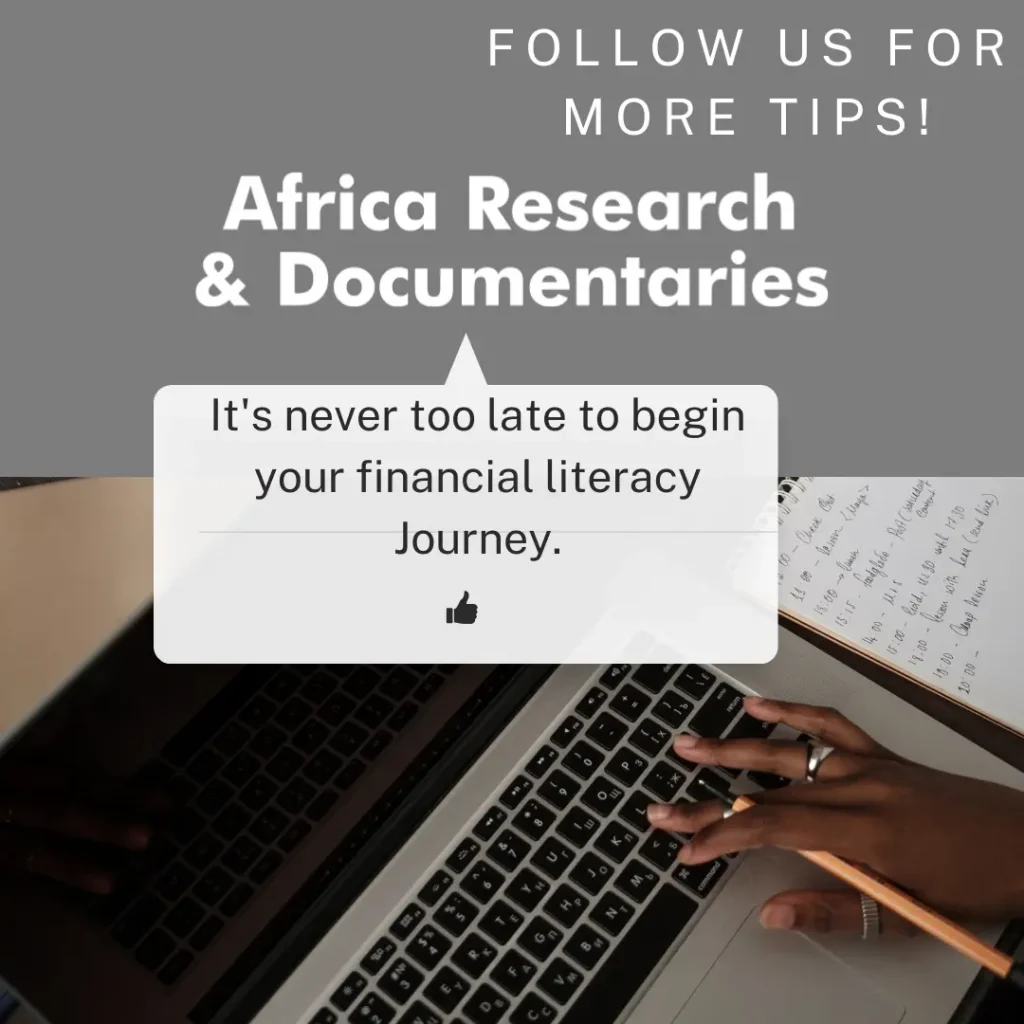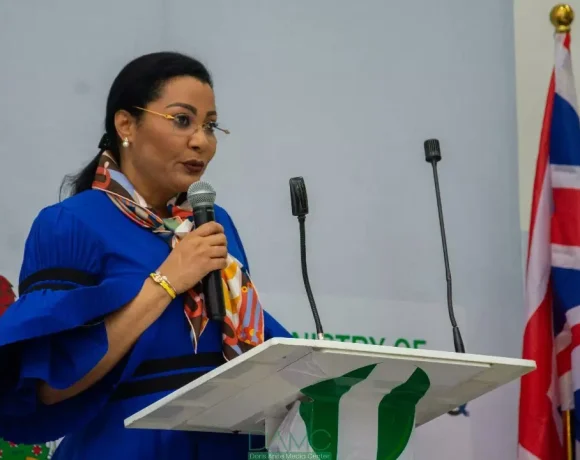Understanding Financial Literacy: Empowering Nigerians to Take Control of Their Finances
Financial literacy is a powerful tool that helps individuals understand how to manage their money effectively. In Nigeria, where economic challenges and unemployment rates are high, financial education can play a critical role in improving lives. By learning how to budget, save, invest, and avoid debt traps, Nigerians can secure their financial future and achieve their goals.
What is Financial Literacy?
Financial literacy is the ability to understand and effectively use various financial skills, including budgeting, saving, investing, and managing credit. It provides individuals with the knowledge to make informed decisions about their money, ensuring they can meet immediate needs and plan.
Why Financial Literacy Matters for Nigerians
Better Money Management
Financial literacy teaches people how to track their income and expenses. This knowledge helps them avoid overspending and ensures that they live within their means.
Savings for the Future
Many Nigerians struggle with saving money due to daily expenses and economic pressures. Financial education highlights the importance of setting aside funds for emergencies, education, or future investments.
Investment Opportunities
By understanding how investments work, Nigerians can grow their money through stocks, mutual funds, or small businesses, creating opportunities for financial growth.
Reducing Debt
Debt can be overwhelming when not managed properly. Financial literacy provides strategies to pay off loans effectively and avoid borrowing excessively.
Financial literacy is the foundation of wealth creation. When people understand money, they can better control their lives and build a brighter future.
Key Steps to Achieve Financial Literacy
Create a Budget
Write down your income and expenses to understand where your money goes. This helps identify areas where you can cut costs and save more.
Start Saving Early
Open a savings account and commit to setting aside a percentage of your income every month. Even small amounts can grow over time.
Learn About Investments
Research simple investment opportunities like treasury bills, fixed deposits, or cooperative societies to grow your wealth.
Avoid Impulsive Spending
Make a shopping list before going to the market or mall and stick to it to avoid buying unnecessary items.
Financial literacy is not just a skill—it’s a necessity, especially in today’s Nigeria. By learning how to manage money wisely, Nigerians can reduce financial stress, prepare for unforeseen circumstances, and build a secure future. NGOs, schools, and communities must work together to spread financial education and empower citizens to take control of their financial lives. With the right knowledge, everyone can achieve financial independence and stability.











